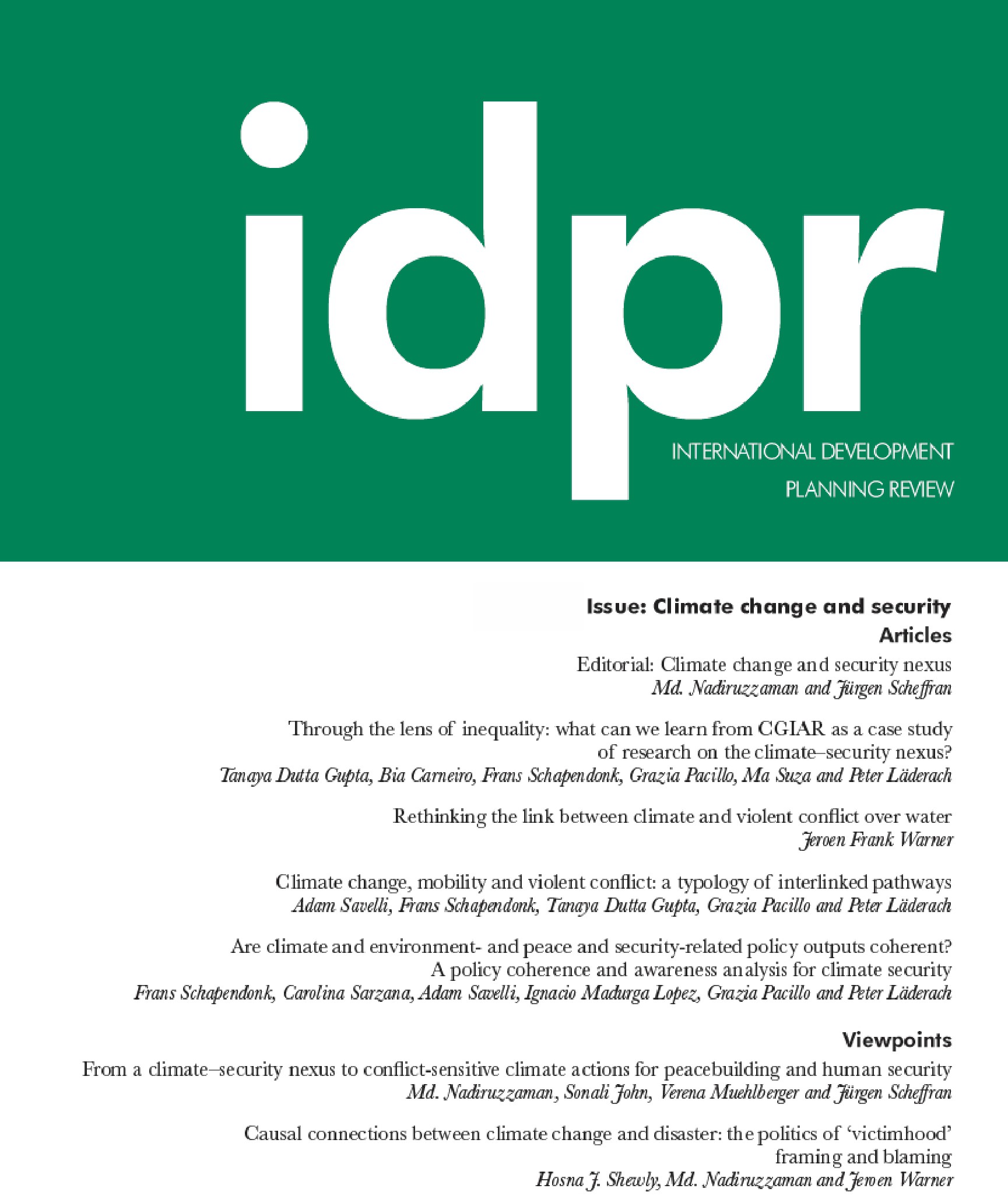AN IN-DEPTH EXPLORATION OF THE INTEGRATION AND INFLUENCE OF INFORMATION & COMMUNICATION TECHNOLOGIES (ICT) IN THE FIELD OF ENGINEERING EDUCATION
Abstract
The Indian engineering syllabus, tailored for a four-year undergrad program, aims for a comprehensive education. Imbibing such a wide range of educational aspects within four years for differently-abled learners in a large classroom setting restricts innovative use of ICT tools. Teacher education is itself rarely learner-centred, typically more of chalk & talk type and hence importance is given to conventional teaching skills & curricular content rather than innovative use of ICT.
The acceptance of the innovative ICT in engineering education, despite having numerous advantages,is doubtful and can only be confirmed by surveying the actual student and teacher experience in this regard.
Survey instruments with the existence of ICT in allied/ peripheral activities and in actual teaching-learning & assessment were designed. Survey instruments consisting of 5 items & 10 items were circulated among students & teachers of 19 private affiliated engineering institutes across Maharashtra state of India respectively. 1777 students and 221 teachers responded. The survey form was designed to record responses on 6 point likert scale (Extremely Unlikely-Moderately Unlikely- Somewhat Unlikely- Not Sure- Somewhat Likely- Moderately Likely- Extremely Likely).
Descriptive analysis, Bivariate analysis and Factor analysis were performed.
Research instruments were tasted and found reliable for both controlled groups i.e. students and teachers. By analyzing the survey responses it was found that the construct “Use of ICT” is independent of all demographic variables. Survey analysis also suggested the improvement in inclusiveness of ICT in engineering education. According to both Student & Teacher surveys, Learning Management System is the most unexplored area and Digital feedback is the most practiced method of ICT.
KEYWORDS: ICT, Engineering Education, Digital Learning






